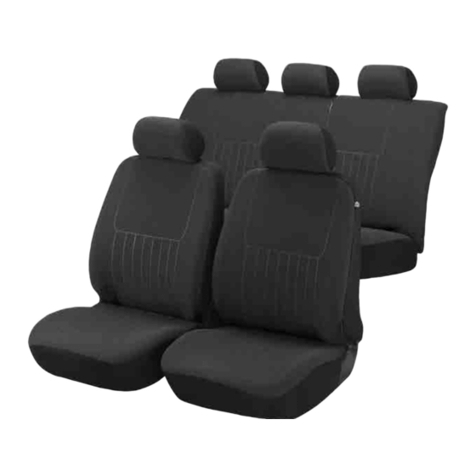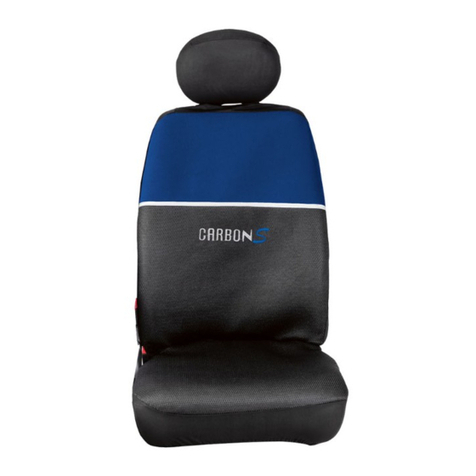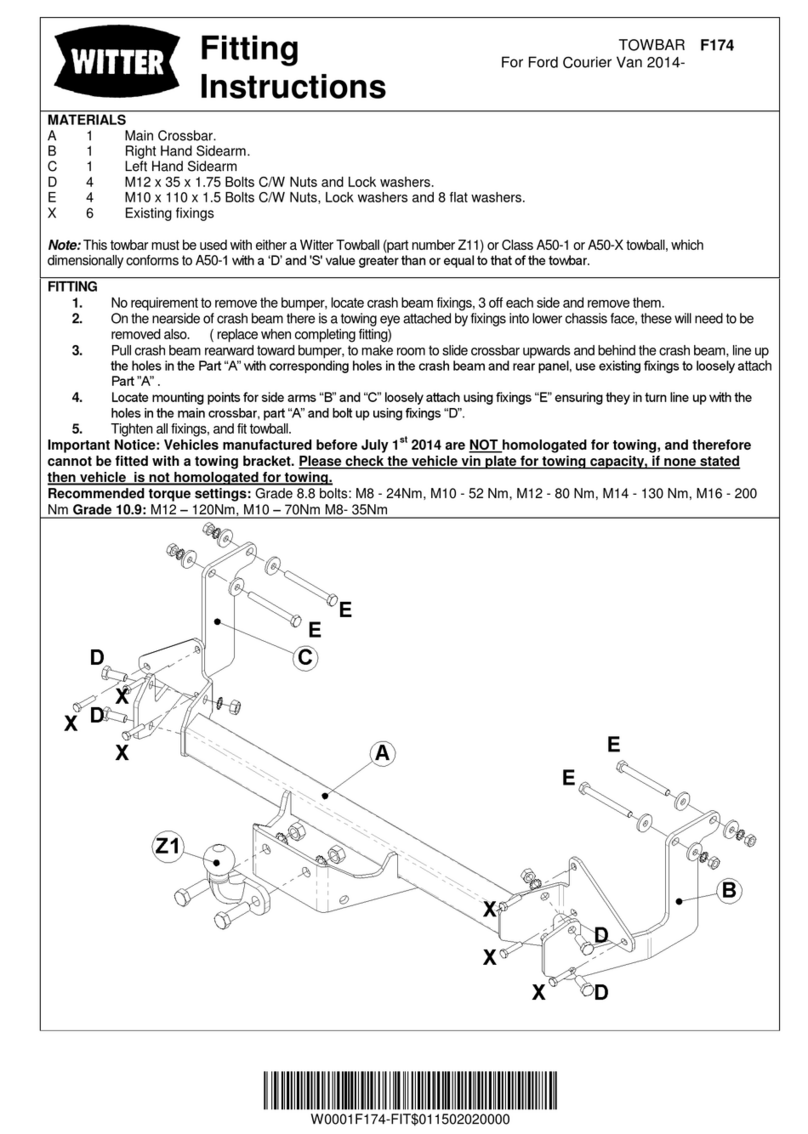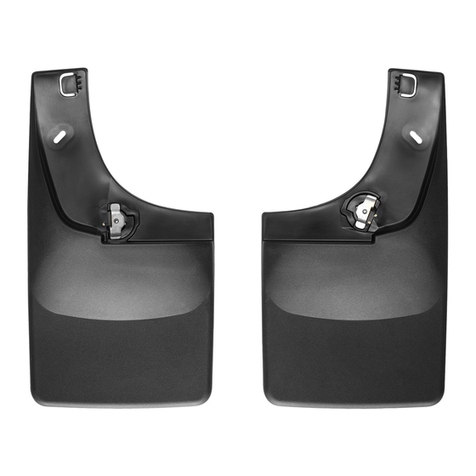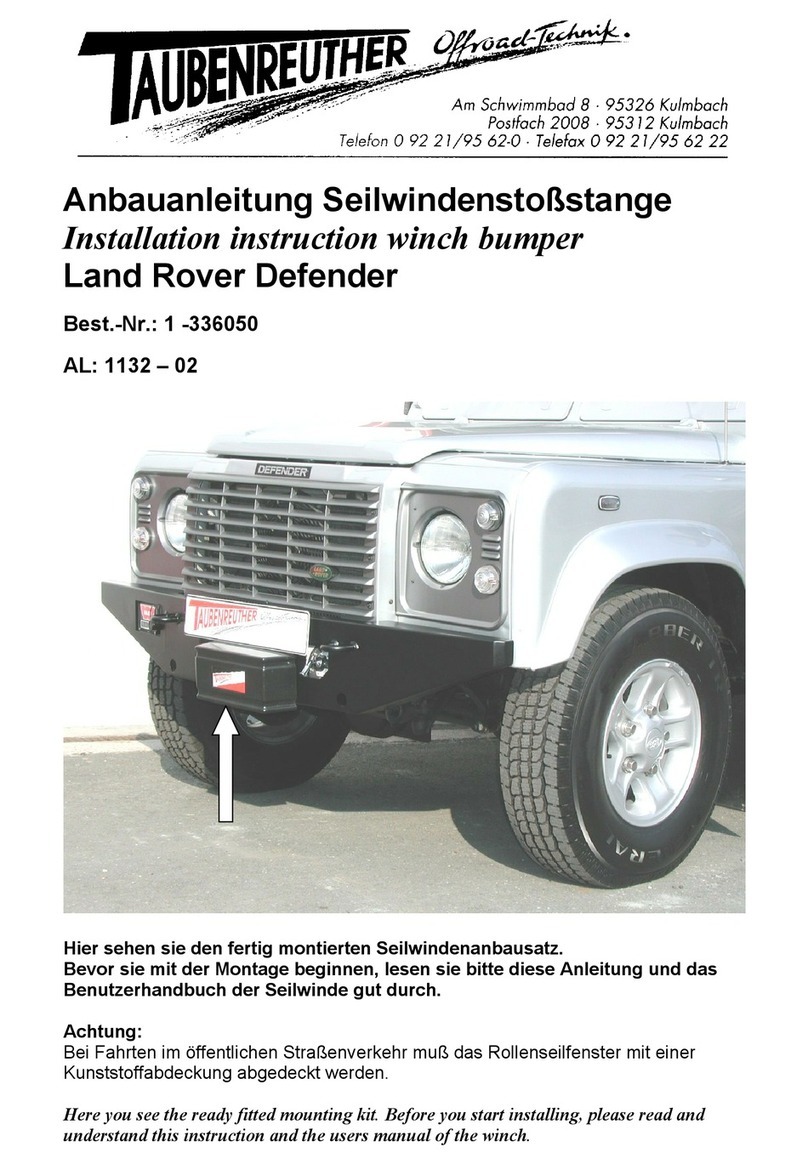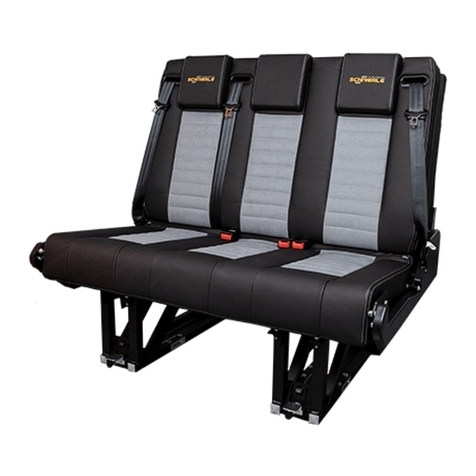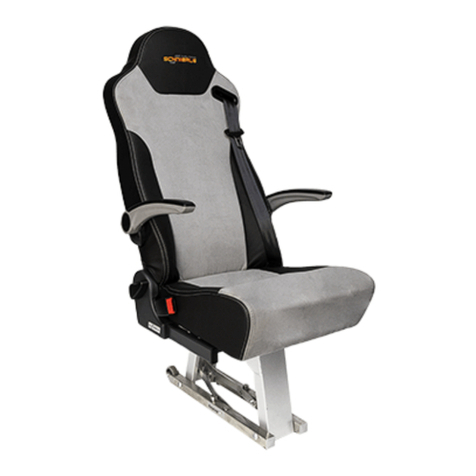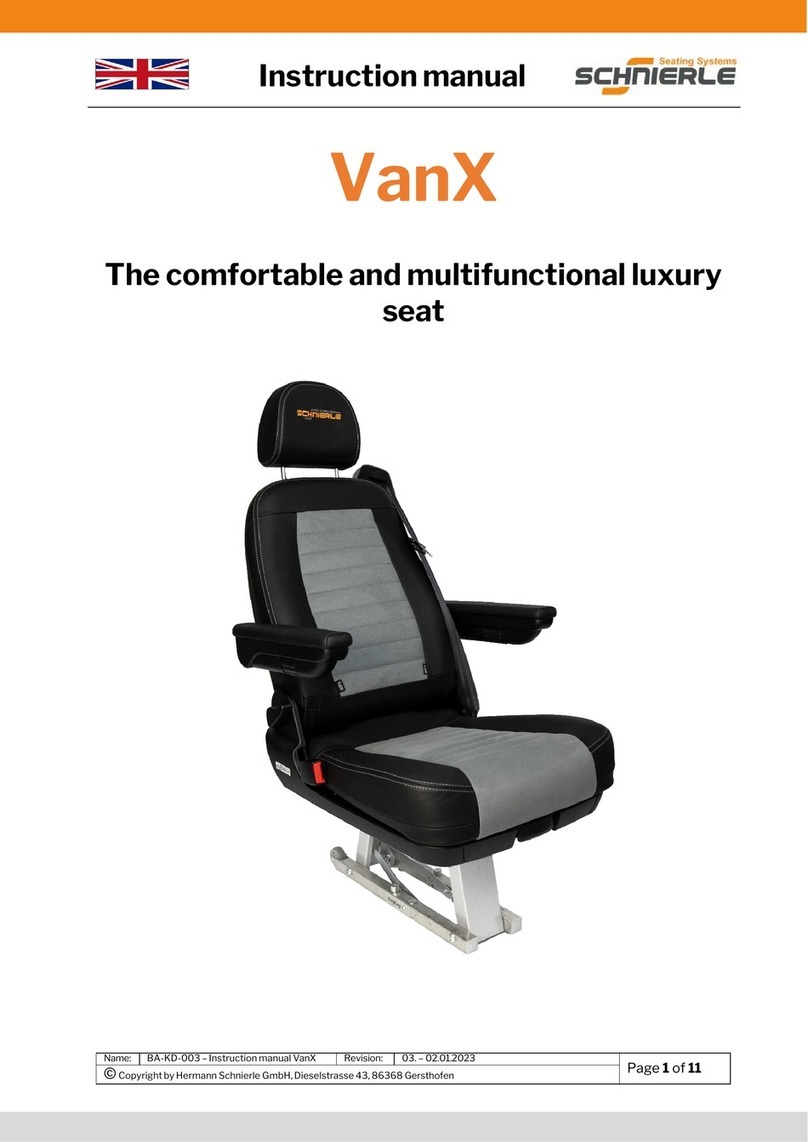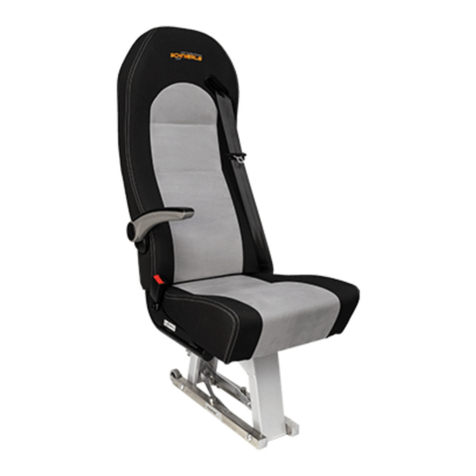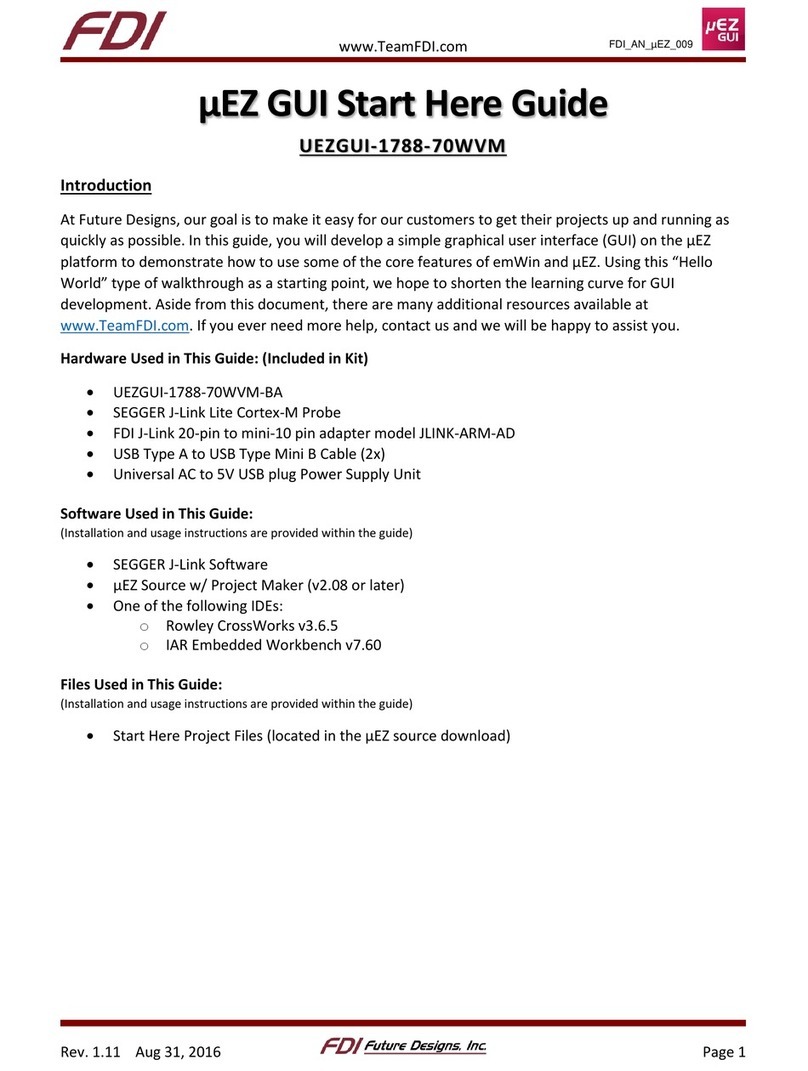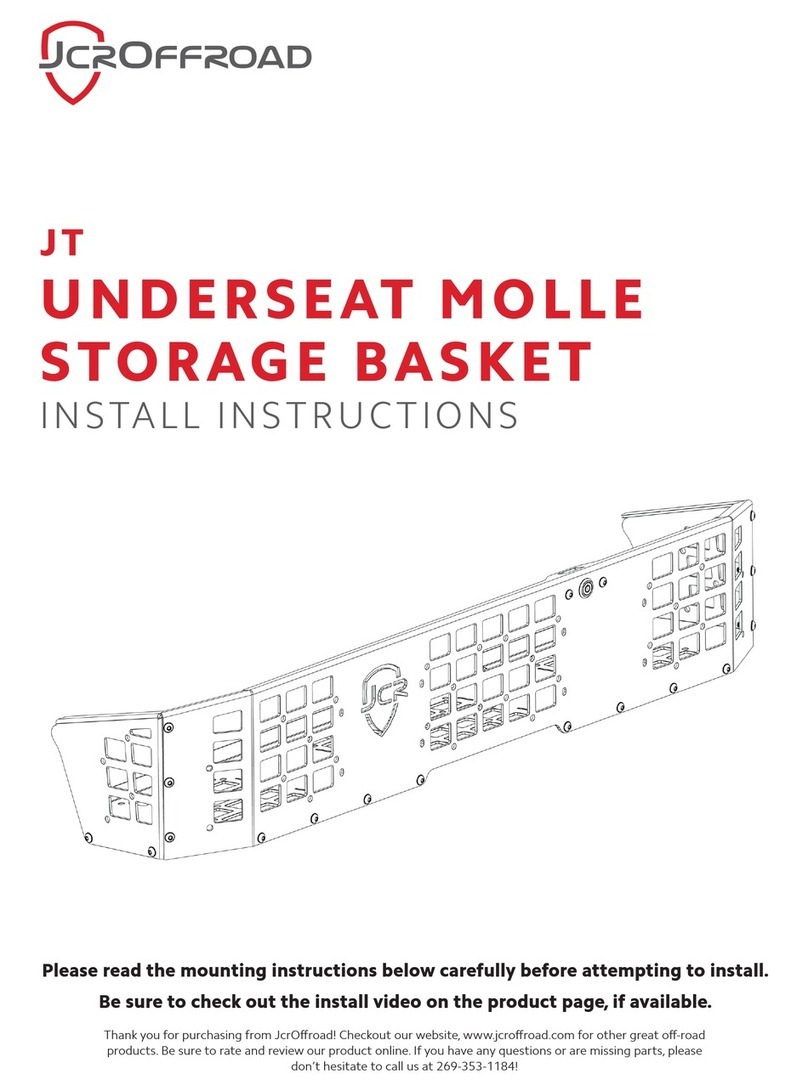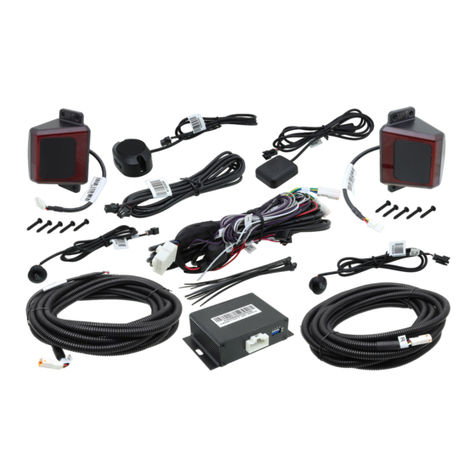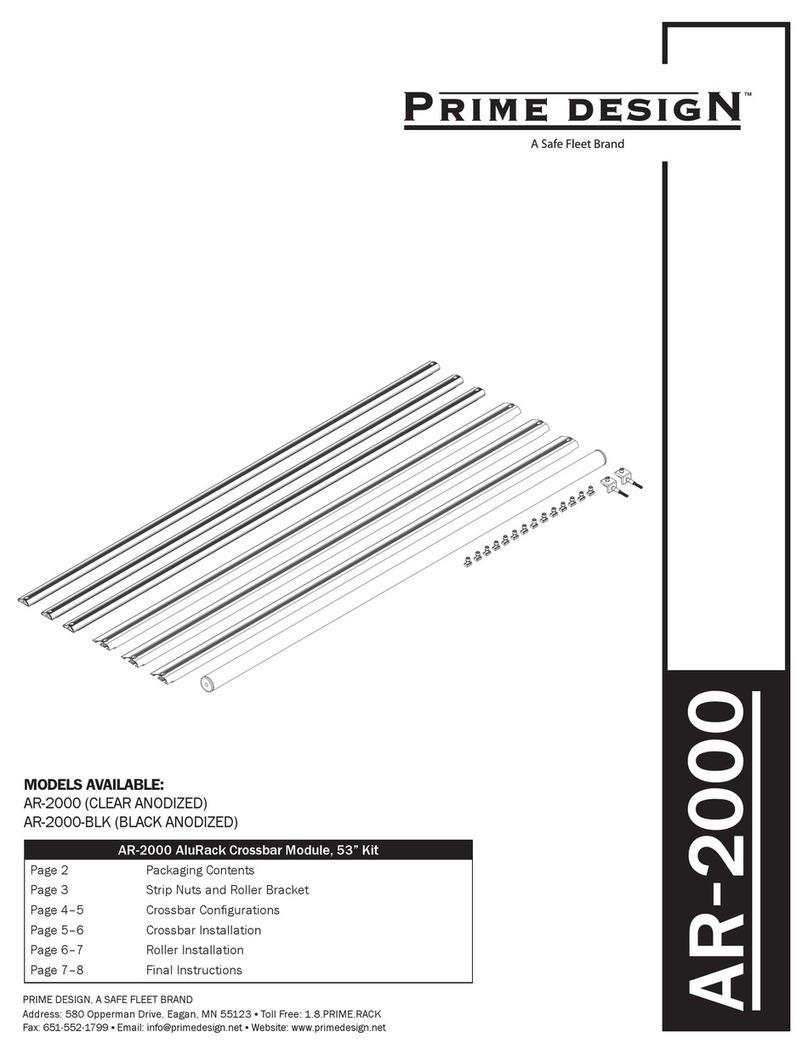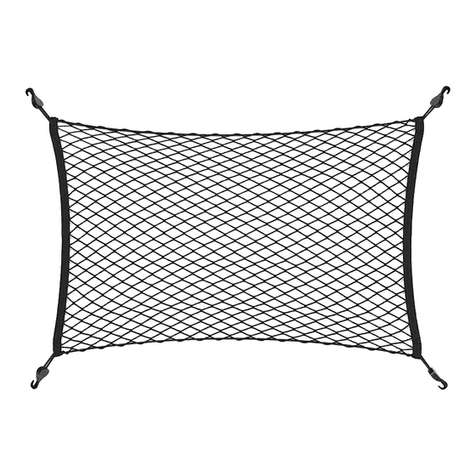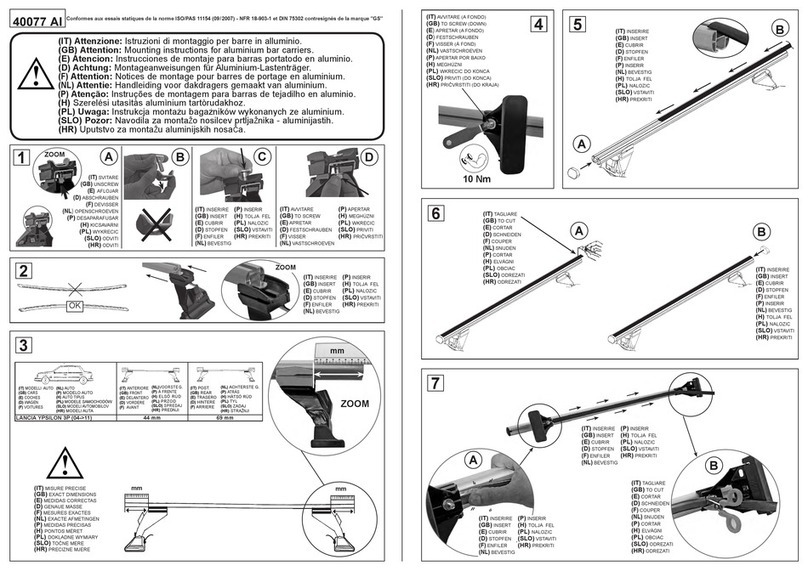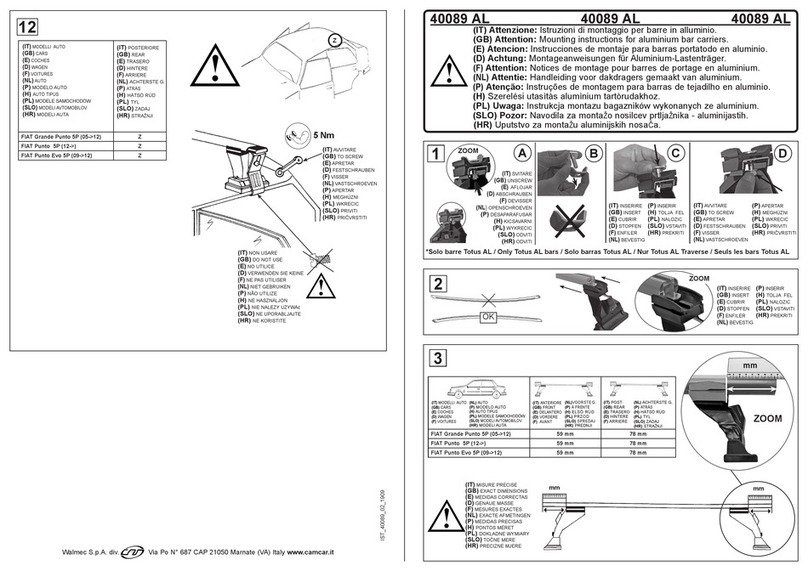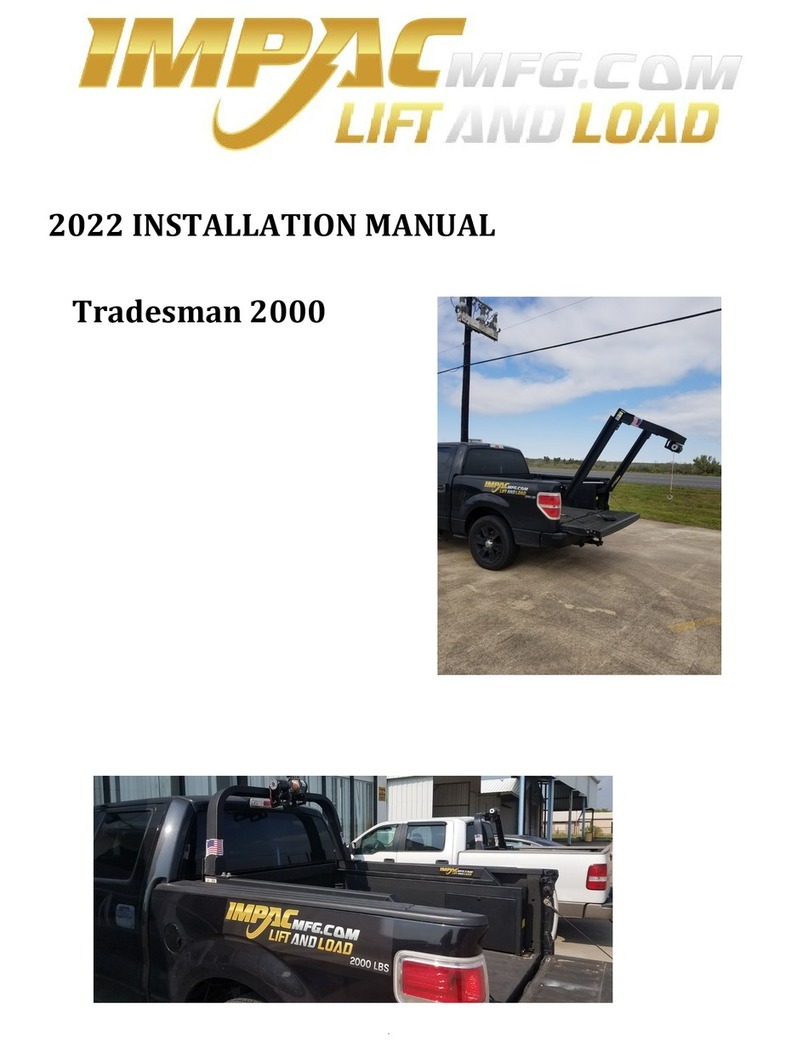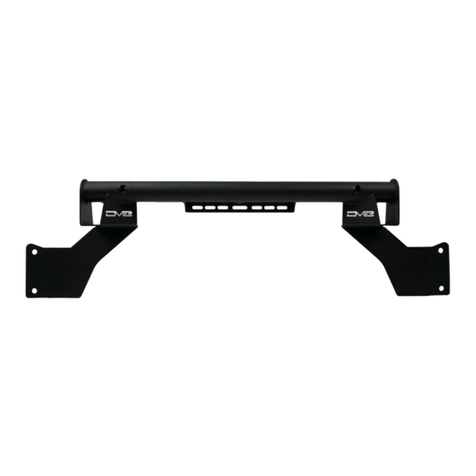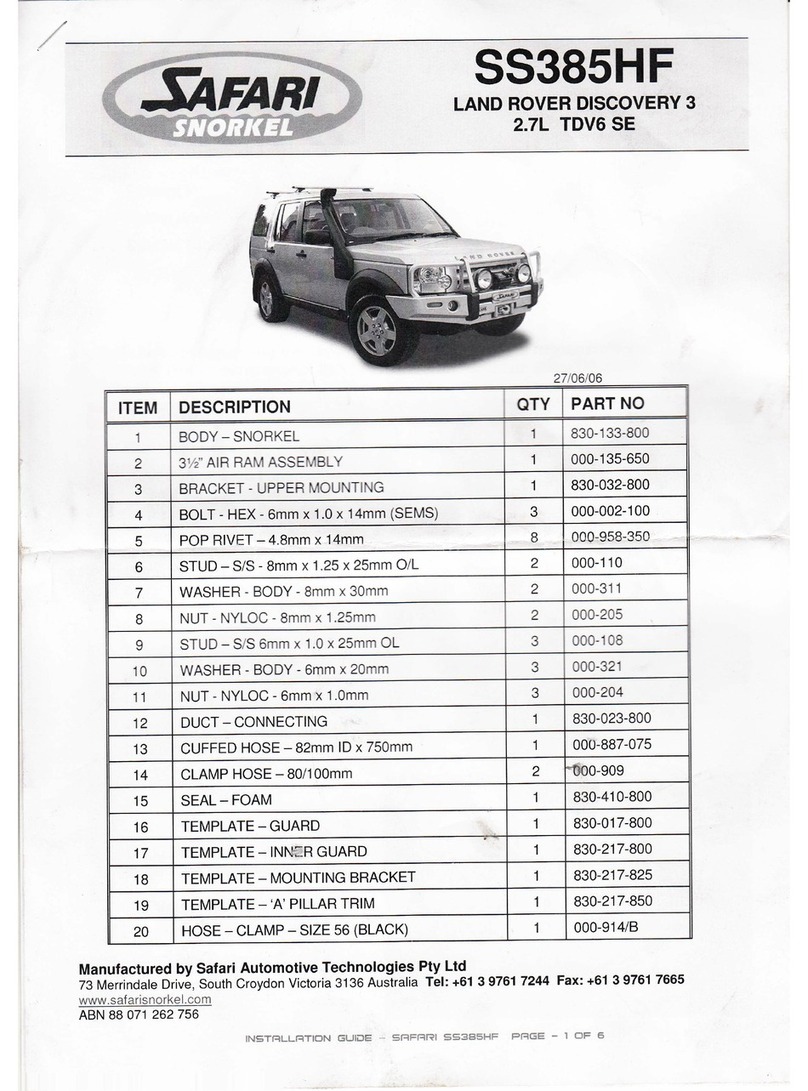
Instruction manual
BA-KD-020 – Instruction manual Flexus2
Page 5of 11
Copyright by Hermann Schnierle GmbH, Dieselstrasse 43, 86368 Gersthofen
2.2. Checks
Warning
Regularly check the restraint system (Recommended: Before each journey).
Check that the seat belt is not cut, damaged or frayed and has not been contaminated
with dirt, oil or chemicals.
Check that the metal and plastic parts are not worn, broken or damaged.
Check all fitting parts like screws, nuts etc. for tightness.
Check the anchorages of the shoulder straps for correct position and the shoulder
straps themselves for correct function. When putting on the seat belt, a clicking
sound must be heard (engaged in the belt buckle).
To avoid the risk for accidents, it must be checked if all adjustment devices are
engaged before operating the vehicle.
2.3. Service and maintenence
•The maintenance of your seat with restraint system must be carried out by an
authorised specialist company (e.g. body manufacturer) at the same time as the regular
vehicle maintenance, but after 1 year at the latest, unless otherwise described.
•If defects are found during the inspections (e.g. screw connection loose, parts damaged,
belt frayed…), these must be repaired immediately and exclusively by competent
persons (e.g. authorised repair shop of the body manufacturer).
•After an accident, the affected restraint belts must be replaced. Furthermore the seat,
the seat attachment and the seat components have to inspected by qualified specialist
staff after an accident.
•The restraint belts and the belt buckle integrated in the seat are replaceable.
Replacment is only possible after prior approval by Hermann Schnierle GmbH (by trai-
ned and qualified personnel).
•If necessary, the guide sleeves for the head restraints may only be replaced by qualified
personell (e.g. authorised repair shop of the body manufacturer).
•Modification or retrofitting work on the seats from Hermann Schnierle GmbH may only
be carried out by authorised specialist repair shops, trained personnel or after approval
by Hermann Schnierle GmbH, taking into account the applicable work instructions and
country-specific regulations.
In case of improper installation, there is a risk of injury or material damage and
the function of the seat or the attached components cannot be guaranteed.
2.4. Care
General: Dirt can impair the function of your restraint system and the seat, therefore keep
both clean and avoid contaminations if possible!
2.4.1. Belt/restraint system
•Clean the belt straps with mild, neutral soap and water when necessary.
•After cleaning, pull out the webbing completely. Note that the belt may only be retracted
after it is completely dry.
